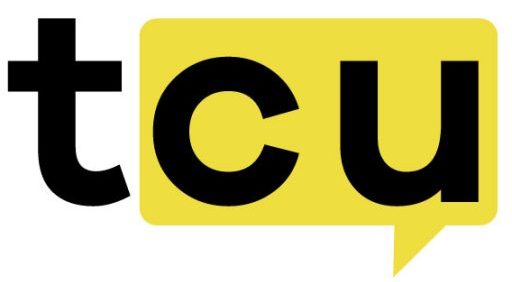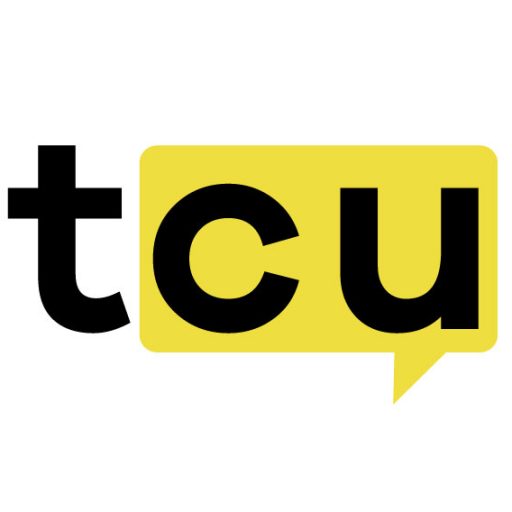In this new era of financial innovation, Ran Hammer, a seasoned corporate lawyer turned blockchain advocate, is suggesting a fresh approach. Hammer is calling for sector-specific regulations for decentralized finance (DeFi) that not only leverage the strengths of the technology but also focus on addressing its weaknesses. His approach is not about imposing strict regulations but about fostering efficiency and fairness within the trading platform sphere.
Centralized finance (CeFi) has long been the norm, but Hammer is proposing that the aims of DeFi can be achieved at a technological level, integrated directly into various protocols. As the business, marketing, and communities lead at Orbs, Hammer stresses the importance of collaboration between developers and regulators to create safe harbors for protocols. However, the success of this approach will heavily depend on the level of cooperation between these two parties.
“The challenge is really that implementing this type of system will involve a long process of education and collaboration and the political will has not been there in the past. I think that the more DeFi builds and establishes itself as a real economic force, the more likely this will happen,” Hammer explained in an interview with Bitcoin.com News.
In recognizing the growing number of incidents involving bad actors using DeFi platforms to move and cash out stolen digital assets, Hammer acknowledges the legitimacy of regulators’ concerns. Crypto crime reports from 2024 revealed that security incidents involving DeFi platforms consistently outnumbered those of centralized exchanges. This trend, combined with major heists like those experienced by DMM Crypto and Warzirx, underscore the fact that malicious actors are increasingly adept at circumventing security measures.
The openness of decentralized finance presents a unique challenge, according to Hammer. Traditional compliance measures used by financial intermediaries are challenging to implement on DeFi platforms. However, regulators can address this issue by focusing on fiat off-ramps or intermediaries that bridge the gap between decentralized finance and traditional finance.
In the current regulatory vacuum, Hammer emphasized that DeFi platforms must proactively evaluate and mitigate their regulatory risks while continuing to drive innovation.
Looking to the future, Hammer is optimistic about the Trump administration’s potential policies towards the digital asset industry. However, he advises caution, suggesting that any actions taken will depend greatly on a shift in regulatory agencies’ attitudes.
“Bureaucracy is always complicated, especially when innovation and uncertainty are involved, but it definitely seems like the Trump administration is trying to put the right people and policies in place. Even if the effects aren’t clear in 2025, I expect we will see positive things down the road,” Hammer concluded.
![]()




